Future Meat technologies has opened the world’s first industrial facility that produces lab-grown meat at scale. In 2013 the cost of making the world’s first lab-grown burger cost $330,000 per burger. Since then, the cost of production has fallen rapidly and this expansion is a major step for the industry.
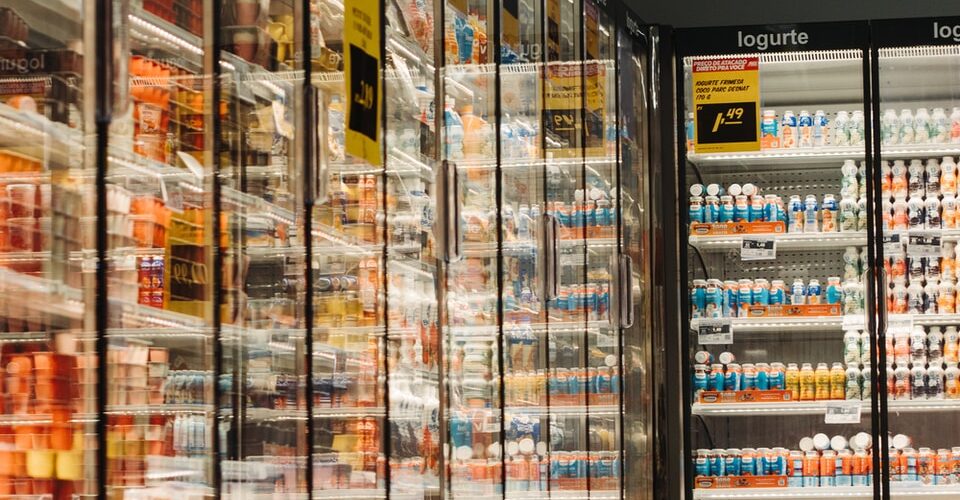
So what?
Intensive livestock farming is the biggest contributor to deforestation worldwide, accounts for 15% of global greenhouse gas emissions, heightens the risk of pandemics, increases antibiotic resistance, and is a major cause of land-grabs in the low and middle-income countries. Meat produced in a lab has the potential to negate many of these impacts. There is still a long way to go until lab-grown meat is price competitive with traditional meat, but this change in the industry potentially signals a change towards a future in which lab-grown meat is consumed at a larger scale.
Sources
-
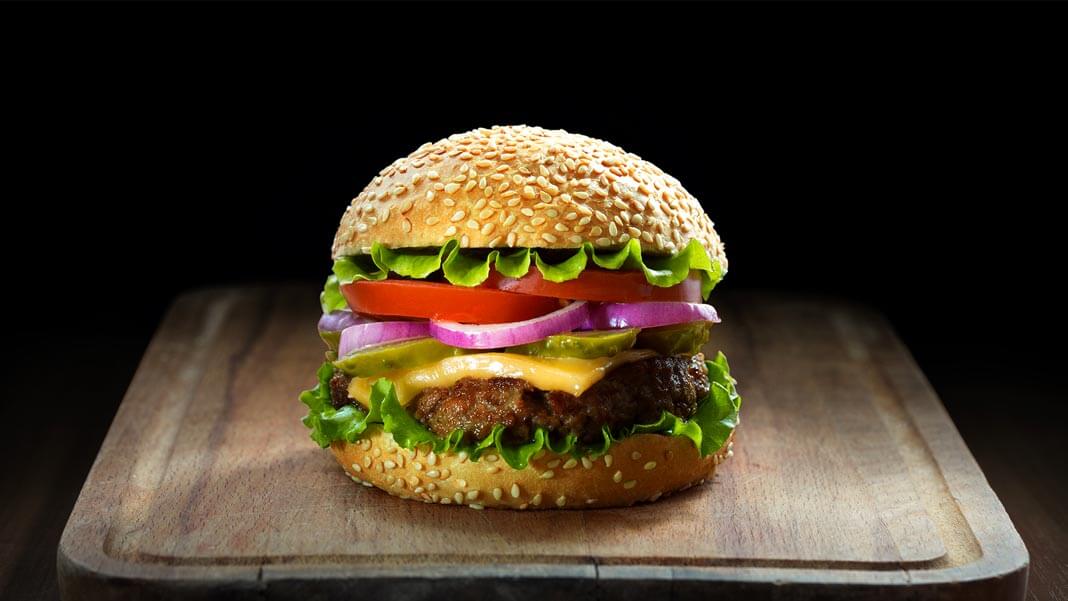 New Cultured Meat Factory Will Churn Out 5,000 Bioreactor Burgers a Day https://singularityhub.com/2021/07/02/a-cultured-meat-factory-in-israel-will-churn-out-5000-bioreactor-burgers-a-day/
New Cultured Meat Factory Will Churn Out 5,000 Bioreactor Burgers a Day https://singularityhub.com/2021/07/02/a-cultured-meat-factory-in-israel-will-churn-out-5000-bioreactor-burgers-a-day/ -
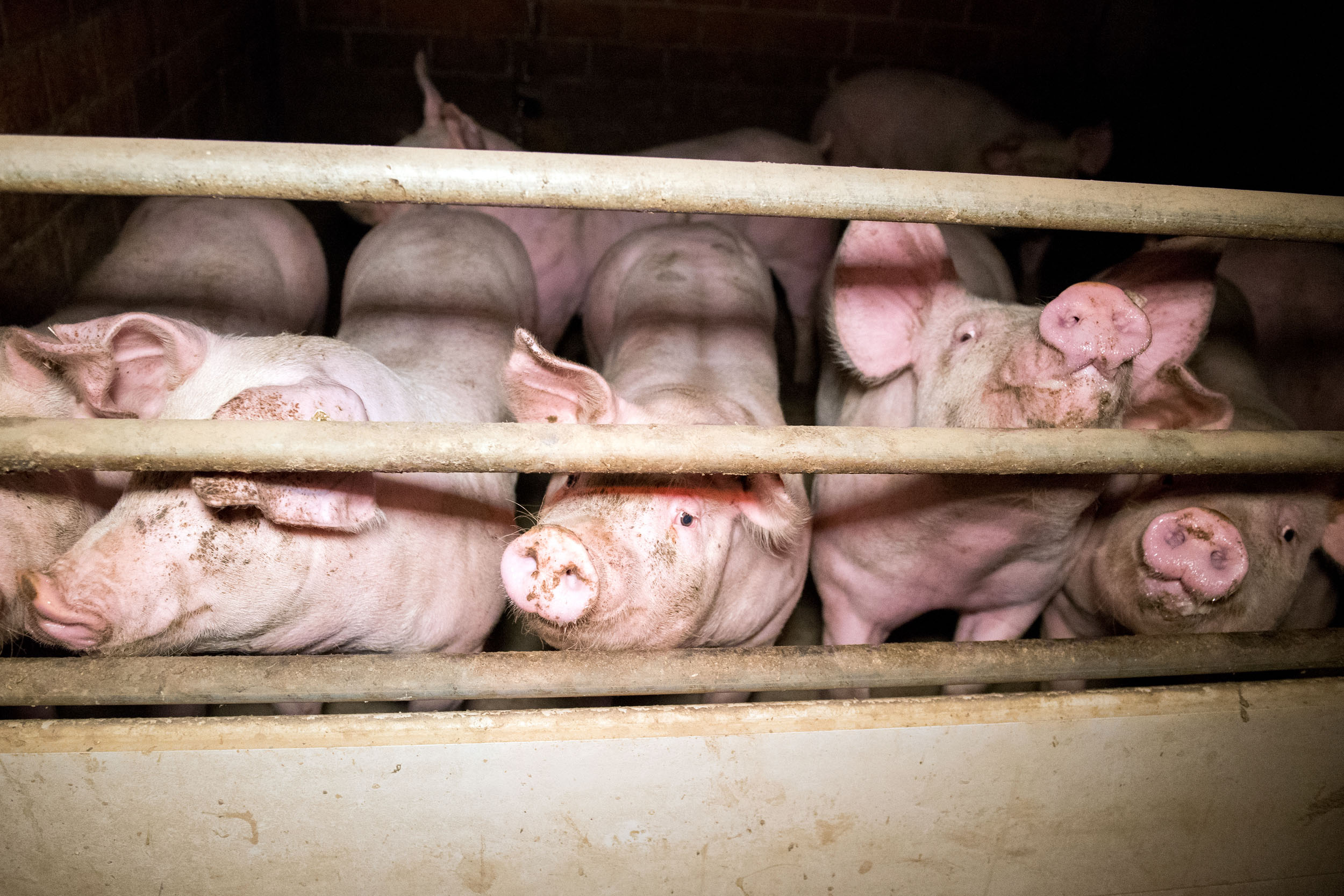 7 reasons why meat is bad for the environment | Greenpeace UK https://www.greenpeace.org.uk/news/why-meat-is-bad-for-the-environment/
7 reasons why meat is bad for the environment | Greenpeace UK https://www.greenpeace.org.uk/news/why-meat-is-bad-for-the-environment/ -
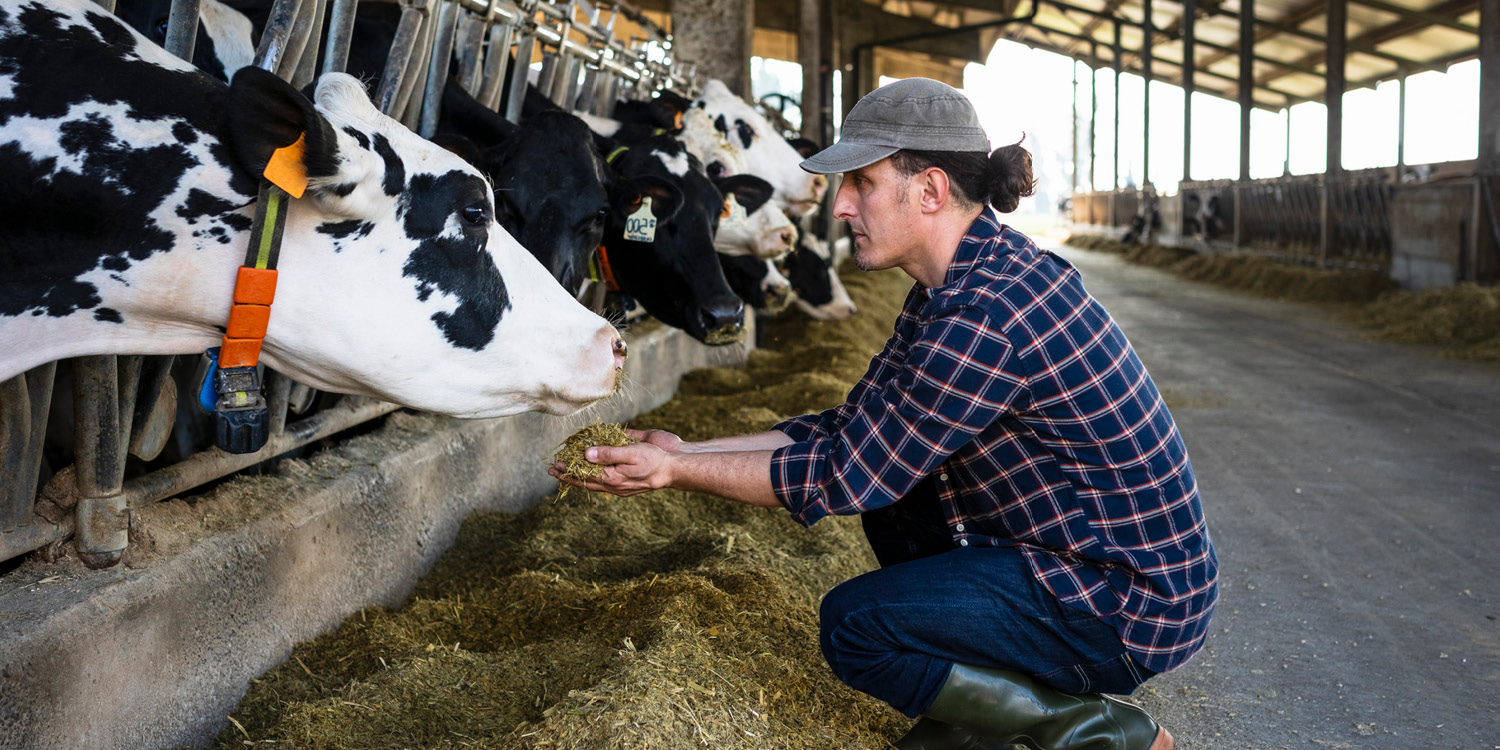 Is eating meat bad for the environment? | 6 global impacts - FutureLearn https://www.futurelearn.com/info/blog/eating-meat-bad-for-environment
Is eating meat bad for the environment? | 6 global impacts - FutureLearn https://www.futurelearn.com/info/blog/eating-meat-bad-for-environment







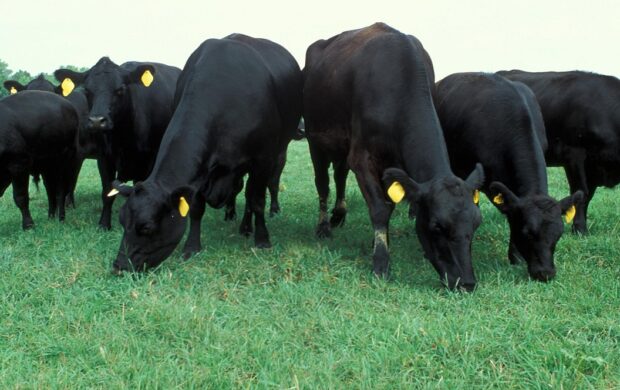
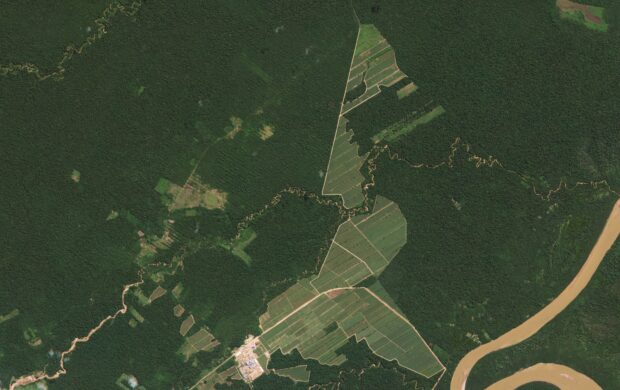

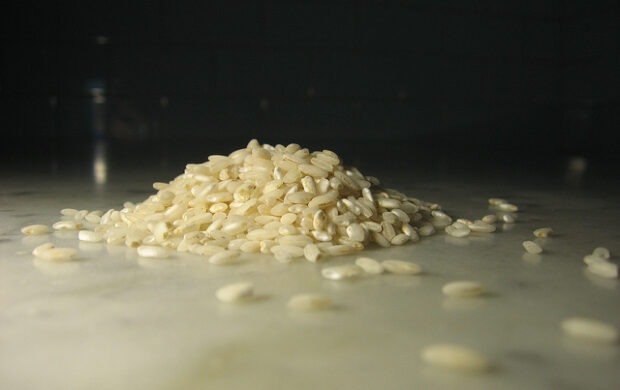




Join discussion